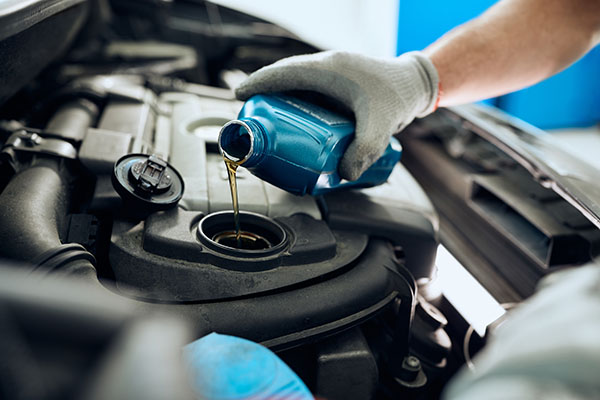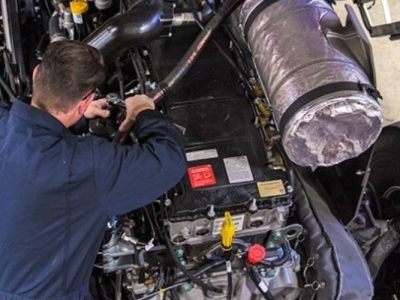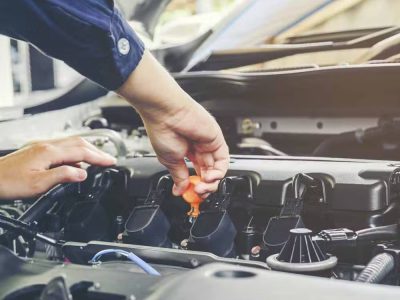Repairing your car’s transmission and fuel gauge can be daunting, especially if you are tackling it yourself. These components are critical to your vehicle’s performance, and any mistake during repair can lead to costly damages or even compromise your safety on the road.
To help you avoid common pitfalls, here are the top mistakes to steer clear of when working on your car’s transmission and fuel gauge.
1. Neglecting to Diagnose the Root Cause
One of the most common mistakes during a transmission repair or fuel gauge maintenance is failing to properly diagnose the root cause of the problem. Many car owners rush into repairs without thoroughly investigating the issue. For example, a slipping transmission might not just be due to low fluid levels but could indicate more severe internal damage.
Similarly, a malfunctioning fuel gauge might stem from issues with the fuel sending unit, wiring, or even the instrument cluster. Always conduct a comprehensive diagnostic check before beginning repairs to ensure you are addressing the actual problem rather than just treating the symptoms.
2. Using Incorrect or Low-Quality Parts
When it comes to transmission and fuel gauge repairs, using the correct, high-quality parts is crucial. Many DIY enthusiasts make the mistake of opting for cheaper, low-quality parts or mismatched components, thinking they will save money.
However, this can lead to further issues down the road. Always use parts that are specifically recommended for your vehicle model and buy from reputable suppliers.
3. Failing to Follow Proper Procedures
Transmission and auto fuel gauge repair often require precise procedures to be followed. Skipping steps or not adhering to the correct process can lead to incomplete repairs or further complications.
For instance, when repairing a transmission, failing to properly torque bolts, align components, or bleed the transmission fluid can cause issues. Similarly, improper installation of a fuel gauge or incorrect wiring connections can lead to inaccurate readings. Always refer to your vehicle’s service manual or consult a professional to ensure you follow the correct procedures during repairs.

4. Ignoring the Importance of Cleanliness
Cleanliness is often overlooked during car repairs, but it is especially important when working on your transmission or fuel gauge. The transmission system relies on clean fluid to function correctly, and any debris or contaminants can cause significant damage.
Ensure the workspace is clean, and take precautions to prevent dirt from entering the transmission during repairs. The same applies to the fuel gauge—dust or debris in the fuel tank or around electrical connections can lead to faulty readings. Using clean tools and maintaining a tidy workspace can help prevent these issues and ensure a successful repair.
5. Overlooking Safety Precautions
Safety should always be a priority during any car repair, but it is often neglected in the rush to get the job done. Working on the transmission and fuel gauge can be hazardous if proper safety measures are not followed. For example, failing to properly support the vehicle when working underneath it or neglecting to disconnect the battery when dealing with electrical components can lead to accidents.
Additionally, working with fuel-related components requires extra caution due to the flammable nature of gasoline. Always wear protective gear, use the correct tools, and follow safety protocols to avoid injury or damage during repairs.








Comments